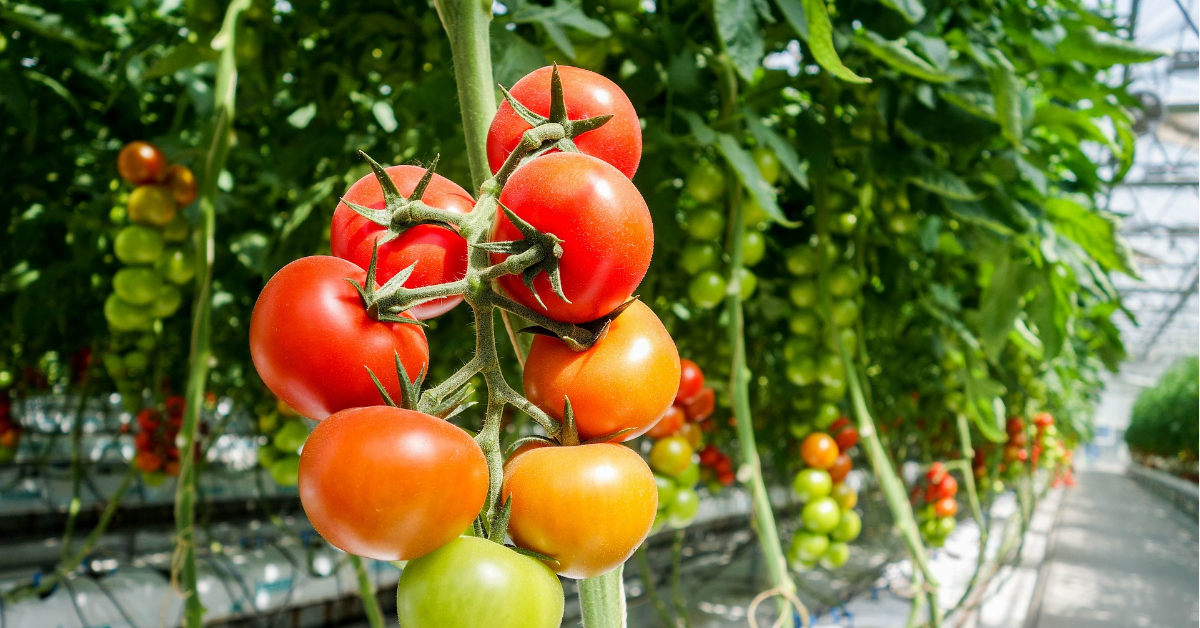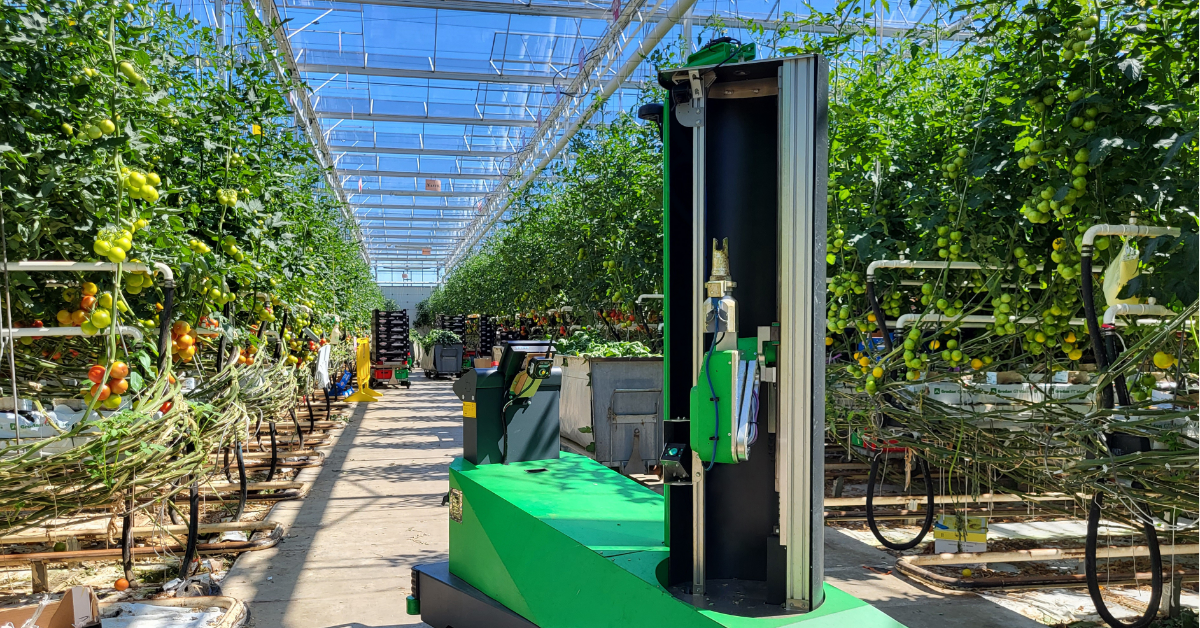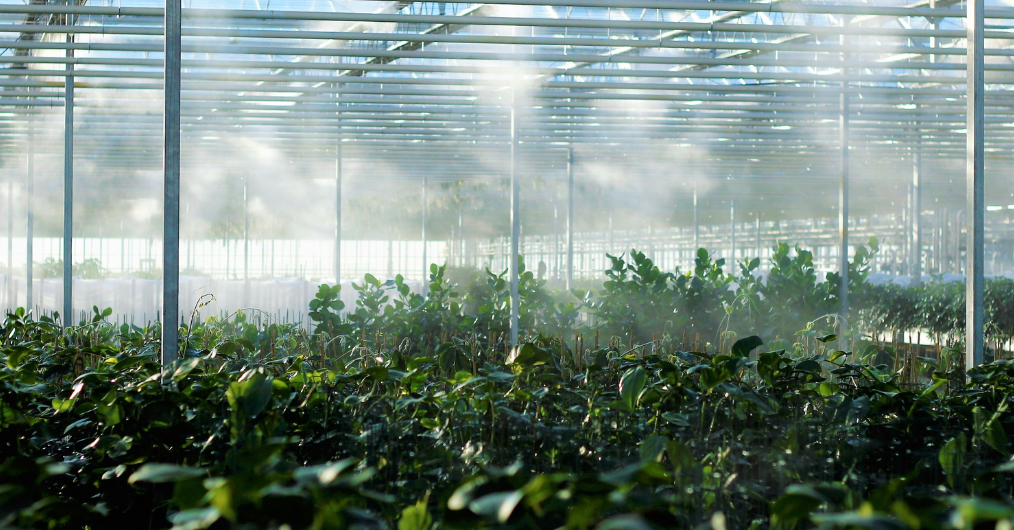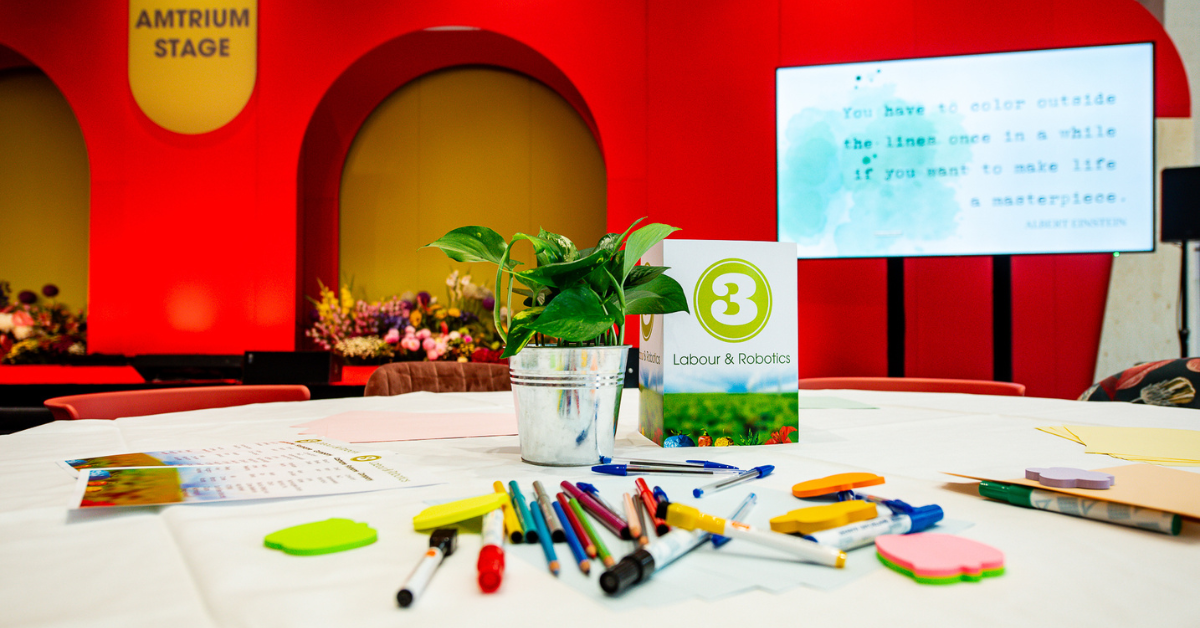Changing views on nutrition create opportunities in horticulture
 Author: Jacco Strating
Author: Jacco StratingConsumers are increasingly aware of social and sustainability topics and an increasing number of scientists are calling for action when it comes to our food system. In order to remain future proof, the industry has to answer to that. Some producers however are far ahead of others. Especially in horticulture, where energy-efficient cultivation, CO2 compensation and innovations with a strong social character have been initiated for years.
Much less meat, much more vegetables and fruit. We are all aware that living by this mantra would mean a healthier planet with a healthier population. However, according to medical scientific journal The Lancet we need a comprehensive agricultural revolution to truly secure our future. Our food system and diet need to change radically, scientists stated last week. And health cannot be seen separately from sustainable food. The vast majority of our diet should come from wholegrain cereals, nuts, beans, vegetables and fruit and meat consumption needs to be reduced by 50 percent. The scientists who wrote the report thereby refer to one of the most compelling challenges of this time: securing enough wholesome food for the world’s growing population in a manner that is sustainable. Consumers changing views on nutrition create promising opportunities in horticulture in the coming years. On the condition that growers also commit to a more sustainable world. Vegetables should not only be tasty and healthy, they should also be produced in a responsible way, taking people and the environment into consideration.
To irrigate crops by condensing air
It is very encouraging that entrepreneurs in horticulture are often ahead of their counterparts in other industries. Next Generation Growing was introduced years ago to reduce the use of fossil energy in greenhouses. Crops are increasingly resistant to diseases, meaning less pesticides are needed and many innovations and initiatives contribute to better living conditions in developing countries. Irrigation by Condensation (IBC) for example, a technology from the Israeli company Roots Sustainable Agricultural Technologies Ltd (http://rootssat.com). This innovative solution helps growers in countries where water is scarce by using condensing air to irrigate crops. It is a standalone, closed-loop system, operated on solar energy, which irrigates crops by condensing air or soil humidity on the external surface of pipes. The principle is simple: water is first cooled to below dew point temperatures and then circulated through pipes just above the ground. Condense from the pipes falls down and irrigates the plants.
Loading component...
Share your horticulture technology stories with us
Do you have an innovation, research results or an other interesting topic you would like to share with the international horticulture technology industry? The GreenTech website and social media channels are a great platform to showcase your stories!
Please contact our Brand Marketing Manager Murkje Koopmans.
Are you an GreenTech exhibitor?
Make sure you add your latest press releases to your Company Profile in the Exhibitor Portal for free exposure.
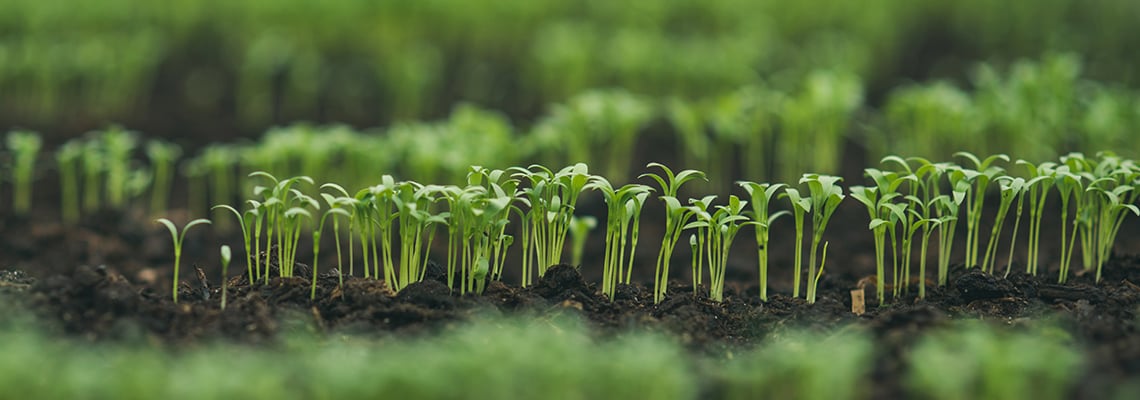
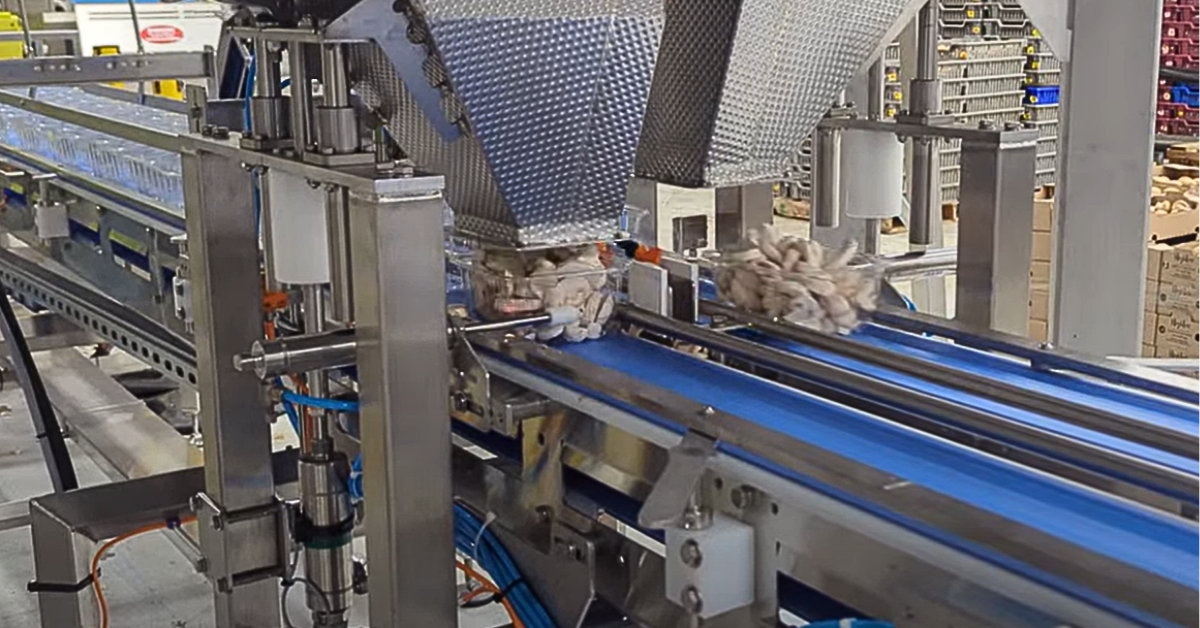
.png?h=628&iar=0&w=1200)
.png?h=628&iar=0&w=1200)

